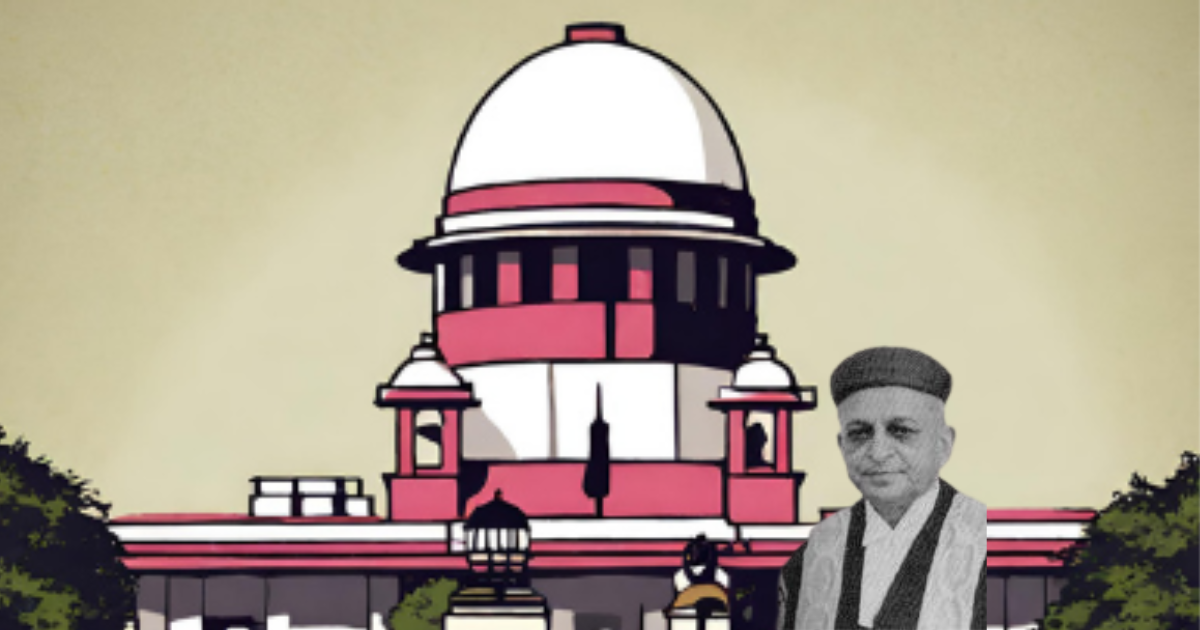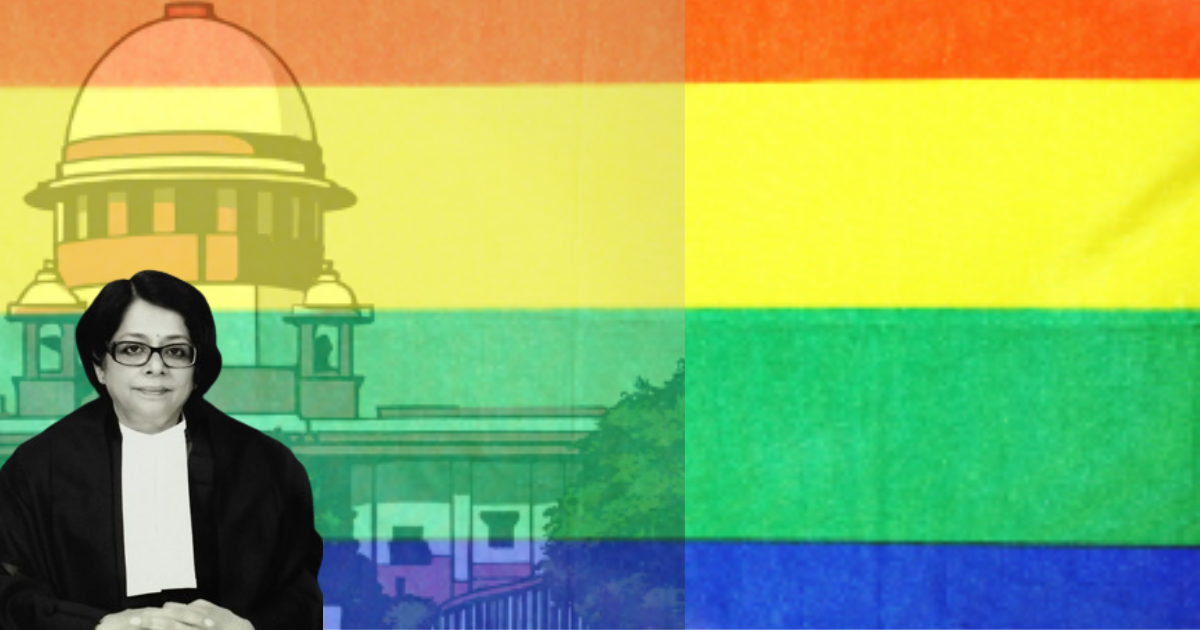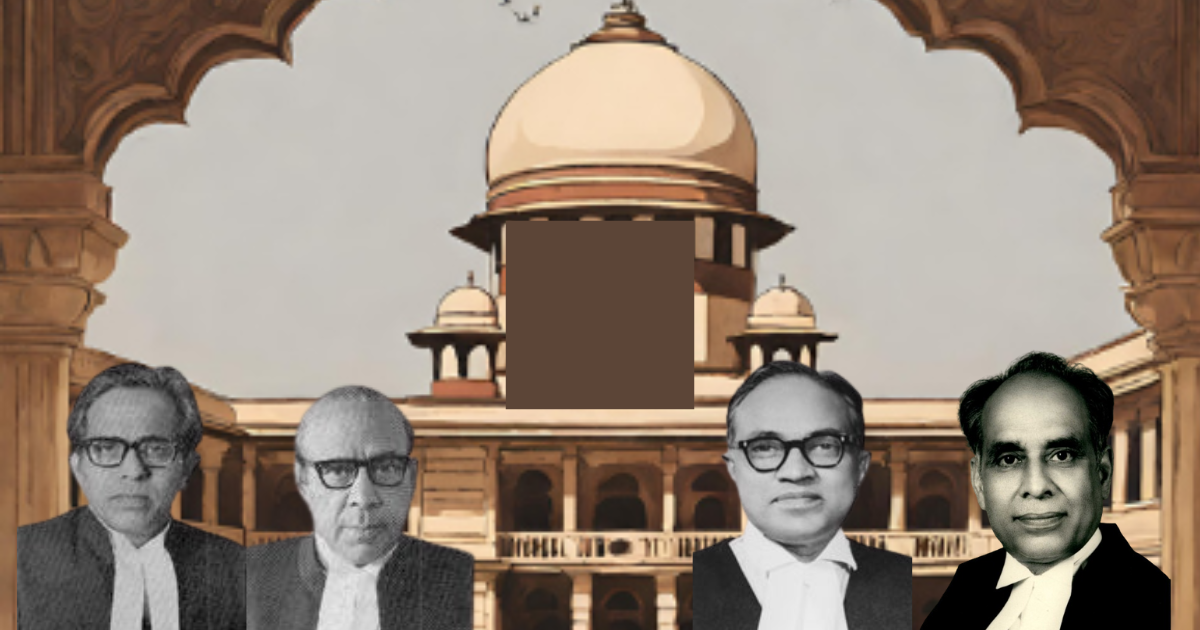In the post-independence era of India, the case of A.K. Gopalan emerged as a landmark legal battle challenging the constitutional validity of preventive detention laws. A leading Communist leader, A.K. Gopalan found himself detained under the Preventive Detention Act of 1950 by the State of Madras. What ensued was a legal saga that would shape the contours of individual freedoms and state authority under the Indian Constitution.
Gopalan’s legal challenge was multifaceted, encompassing alleged violations of fundamental rights guaranteed by Articles 13, 19, and 21 of the Constitution. He contended that the Preventive Detention Act was ultra vires and, therefore, void under Article 13, which declares laws inconsistent with or in derogation of fundamental rights as such.
Also Read: https://newslaw.in/supreme-court/basic-structure-doctrine-the-kesavananda-bharati-case/
The heart of Gopalan’s argument lay in the assertion that his detention infringed upon his fundamental right to freedom of movement, safeguarded under Article 19(1)(d). He vehemently argued that the Preventive Detention Act curtailed this cherished freedom, rendering it unconstitutional.
Furthermore, Gopalan contended that his detention without adherence to proper procedure violated the essence of Article 21, which guarantees the right to life and personal liberty. He argued that due process was not followed, rendering his detention arbitrary and unconstitutional.
As the legal battle unfolded, the Supreme Court delved into a nuanced legal analysis. The first checkpoint was the examination of whether Article 13 could be invoked against a pre-constitutional law. The Court, adopting a narrow interpretation, held that Article 13 applied only to post-constitutional laws, absolving the Preventive Detention Act from the challenge under this provision.
Moving to the challenge under Article 19, the majority of the Court, with a divided opinion, upheld the constitutionality of the Act. Chief Justice Harilal Kania, leading the majority, emphasized the separateness of each fundamental right under Article 19. The Court ruled that the Preventive Detention Act did not violate Article 19(1)(d), as it was targeted at maintaining public order and preventing the commission of offenses.
The crux of the legal debate rested on Article 21 and its interpretation concerning personal liberty. The majority, adopting a literal stance, held that Article 21 was not a repository of the rights to personal liberty beyond what was provided by law. In essence, the Court concluded that the Preventive Detention Act, being a valid law, did not violate Article 21.
Also Read: https://newslaw.in/supreme-court/non-compliance-of-undertaking-in-a-negotiable-instruments-act-case/
The reference to the past judgment in AK Gopalan v. State of Madras (1950 SCR 88) became pivotal in shaping the majority opinion. Chief Justice Kania’s strict interpretation of fundamental rights, with an emphasis on their separateness, resonated with the majority, paving the way for the dismissal of Gopalan’s petition. However, not all voices in the Supreme Court concurred. Justice Fazl Ali dissented, offering a dissenting view that emphasized a broader understanding of fundamental rights. He questioned the narrow interpretation of Article 19 and raised concerns about the potential misuse of preventive detention, urging a more cautious approach.
Citation: 1950 AIR 27, 1950 SCR 88
Case Title: A.K. GOPALAN Vs. THE STATE OF MADRAS.UNION OF INDIA: INTERVENER.



